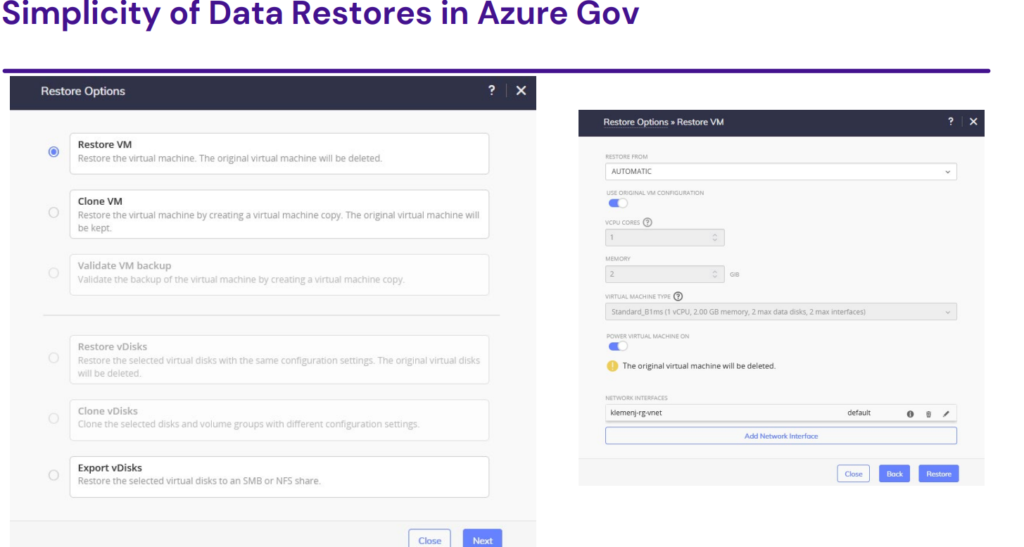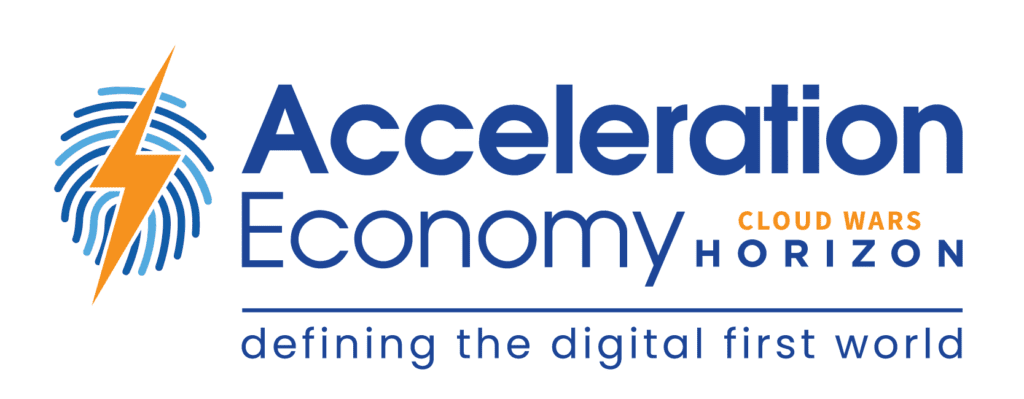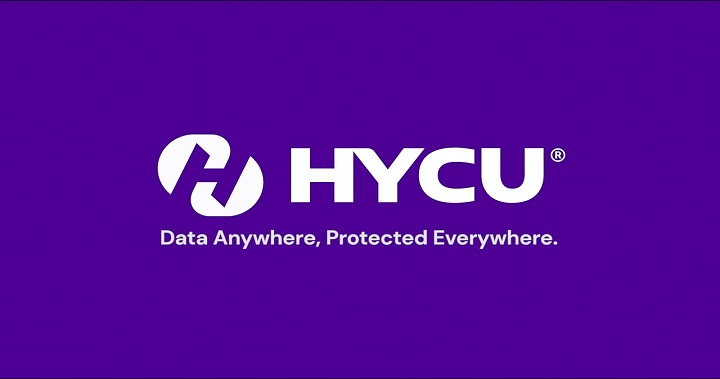Backup-as-a-Service (BaaS) provider HYCU is adding support for Microsoft’s Azure Government Cloud, as well as support for migration across clouds. The updates to the company’s flagship Protégé system will let customers efficiently achieve secure data mobility from on-premises environments to public clouds and within clouds.
With the increasing acceptance of, and reliance on, information technology (IT) architectures that include a blend of public cloud and on-premises infrastructure (hybrid cloud) as well as use more than one public cloud provider (multi-cloud), these new capabilities address an expanding need among customers, including those in the government sector. As these architectures expand, there’s a greater need to move data between them while preventing data loss.
“Customers are trying to figure out which cloud is right for their workloads,” says Subbiah Sundaram, senior vice president of products for HYCU, based in Boston, explaining why customers are using, and moving data between, multiple clouds.
Government Use Cases
With support for Azure Gov Cloud, HYCU is filling important gaps: Commercial software-as-a-service (SaaS) applications don’t work in the Azure Gov Cloud Marketplace, plus customers require FedRamp security compliance.

The business goal of government entities when using cloud services such as those of Azure: greater agility. Sundaram notes there’s been a big push among government entities, including the military, to use cloud services because of the agility they afford. “Governments have to move fast, and they think cloud allows them to do that,” Sundaram says.
HYCU Protégé’s support for Azure Gov Cloud — implemented on an agentless basis — includes:
- Use of Azure snapshots while inheriting Azure Active Directory and Resource Groups
- One-click spin-up of applications onto Azure’s government infrastructure
- Protection of application data, including data during migrations, that spans commercial and government clouds
- Ability to spin down data from Azure Gov Cloud to local, on-premises infrastructure
- Ability to perform disaster recovery (DR) to a different Azure Gov region than the one in which the data is stored
- Data sovereignty — data is always in the customer’s projects/resource groups

Multi-Cloud Migration and DR
HYCU’s announcements also included DR to AWS, as well as cross-cloud restore and recovery. These capabilities overcome current limitations that confront customers, including data being locked in backup targets that are on-prem or in specific public clouds, as well as the high cost of traditional on-prem DR technology requiring 24×7 compute resources.
Whether customers are leveraging AWS as a backup target or protecting native workloads running in AWS, Protégé now supports failover into AWS to continue processing without interruption. With its on-demand disaster recovery functionality — spinning up resources only when needed — Protégé minimizes infrastructure costs in AWS.
In addition, customers can now protect data to any AWS S3-compatible public storage provider, such as Wasabi, and conduct disaster recovery to a public cloud of their choice. This allows them to eliminate the need to provide DR for a subset of their data and, instead, deliver rapid recovery against the entire data set.
“As soon as you talk to customers about disaster recovery, they’re concerned about the cost because it’s expensive,” Subbiah said. “They want to get all of their workloads, but they have to select and they can’t get all of them.”
HYCU also rolled out:
- Expanded options for edge and remote office backup. With limited staffing in outlying edge sites, companies need to keep infrastructure costs low and quickly achieve operational recovery. HYCU is eliminating the need for full-data protection infrastructure in these individual smaller locations and leveraging public cloud storage targets. Incremental copies can be made to any public cloud or remote data center, fueling rapid operational recovery from remote snapshots and eliminating the need for local backup targets.
- Common Criteria —National Information Assurance Partnership (NIAP) certification to meet the security requirements mandated by federal procurement requirements for use in US National Security Systems. Protégé now enforces auditing of access, cryptography handling, digital certificates, and authentication features as specified in NIAP.
For more exclusive coverage of innovative cloud companies, check out Cloud Wars Horizon here:










